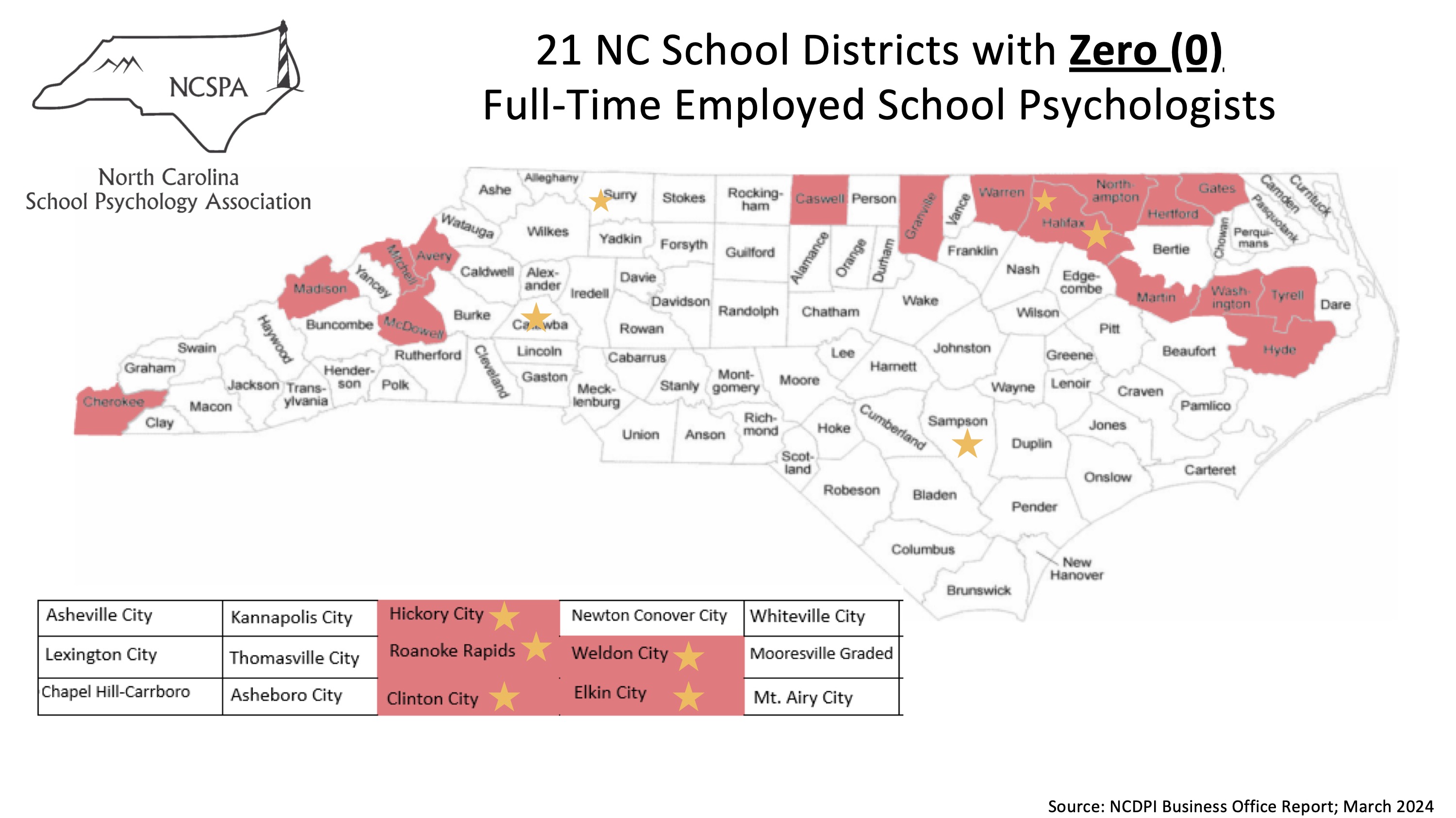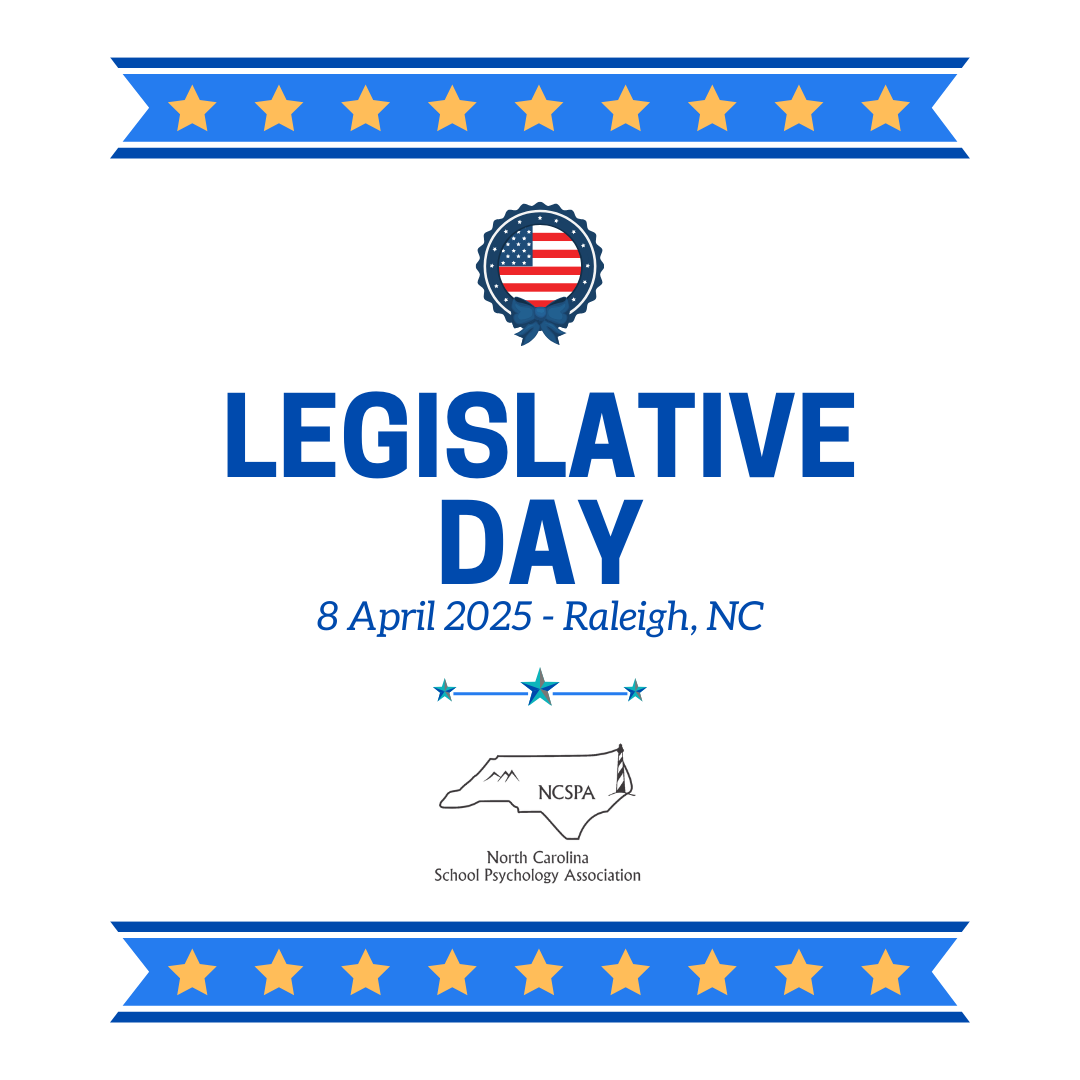 |
As school psychologists, one of our many jobs is to advocate for children’s needs. However, it often seems that the efforts of one individual are not enough to make the changes needed to support the students with whom we work! So, how can you increase your ability to make a difference?
Advocacy!
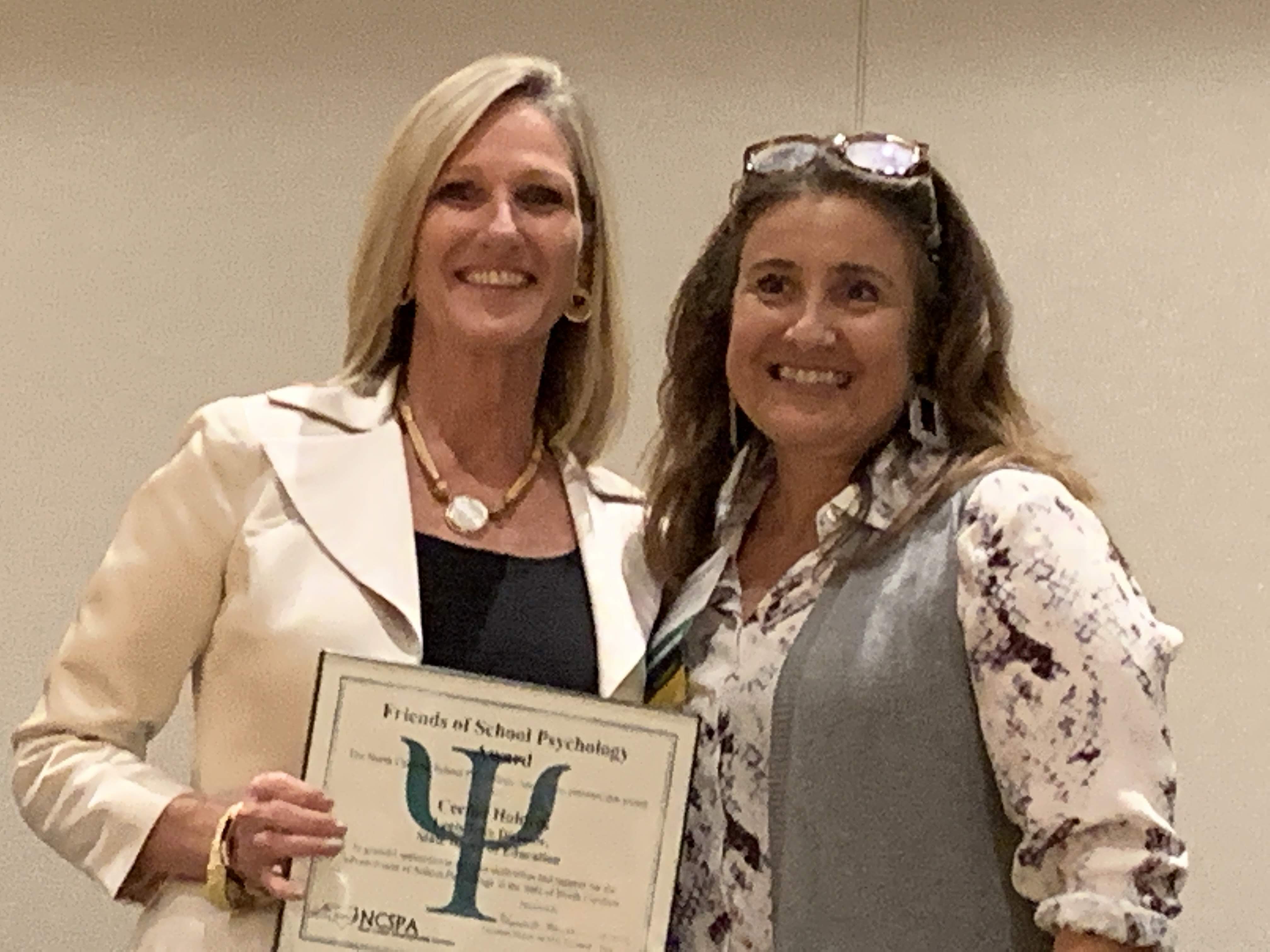
|
Advocate today!
The 2025 legislative session is underway, and we already have an important opportunity to support two significant bills addressing education and school psychology. SB 259 is our School Psychologist Omnibus bill, which includes an increase in compensation for school psychologists, a school psychologist grant program, a school psychologist intern program, funds for a school psychologist virtual program through App State, increased funds for school psychologist training programs, and an interstate compact for school psychologists. HB 192 aims to significantly raise pay for teachers and instructional staff (including school psychologists!!) across our state. We encourage all NCSPA members to take immediate action: For SB 259:
- Contact your NC Senator(find out who represents you). You can use this sample email (one for if they are a sponsor and one if they are not yet a sponsor).
- If they are already a bill sponsor, reach out and thank them for their support (the deadline to sign on as a sponsor is around March 12.
- If they are not yet a sponsor, respectfully request their sponsorship
For HB 192:
- Contact your NC House Representative(find out who represents you). You can use this sample email (one for if they are a sponsor and one if they are not a sponsor).
- If they are a bill sponsor, reach out and thank them for their support
- If they are not a sponsor, respectfully request their support
Your engagement is crucial in advancing our profession’s interests and supporting educational professionals statewide. Please reach out to the LPP Committee if you need any help contacting legislators and be sure to complete our Advocacy Tracker letting us know you’ve made contact.
NASP Resources:
NASP has made it very easy for everyone to become an advocate for those issues near and dear to our hearts, without having to spend time composing letters or traveling to Washington, DC to speak with your congressional representatives. Check out NASP’s advocacy page for form letters on various issues that you can email or send to your congressional representatives in only a few minutes!
- NASP has Communications Strategies & Resources with real world and press examples, infographics, strategies, and even more resources for social media!
- The NASP Advocacy Action Center provides a convenient way to look up and contact your Congressional and other federal representatives.
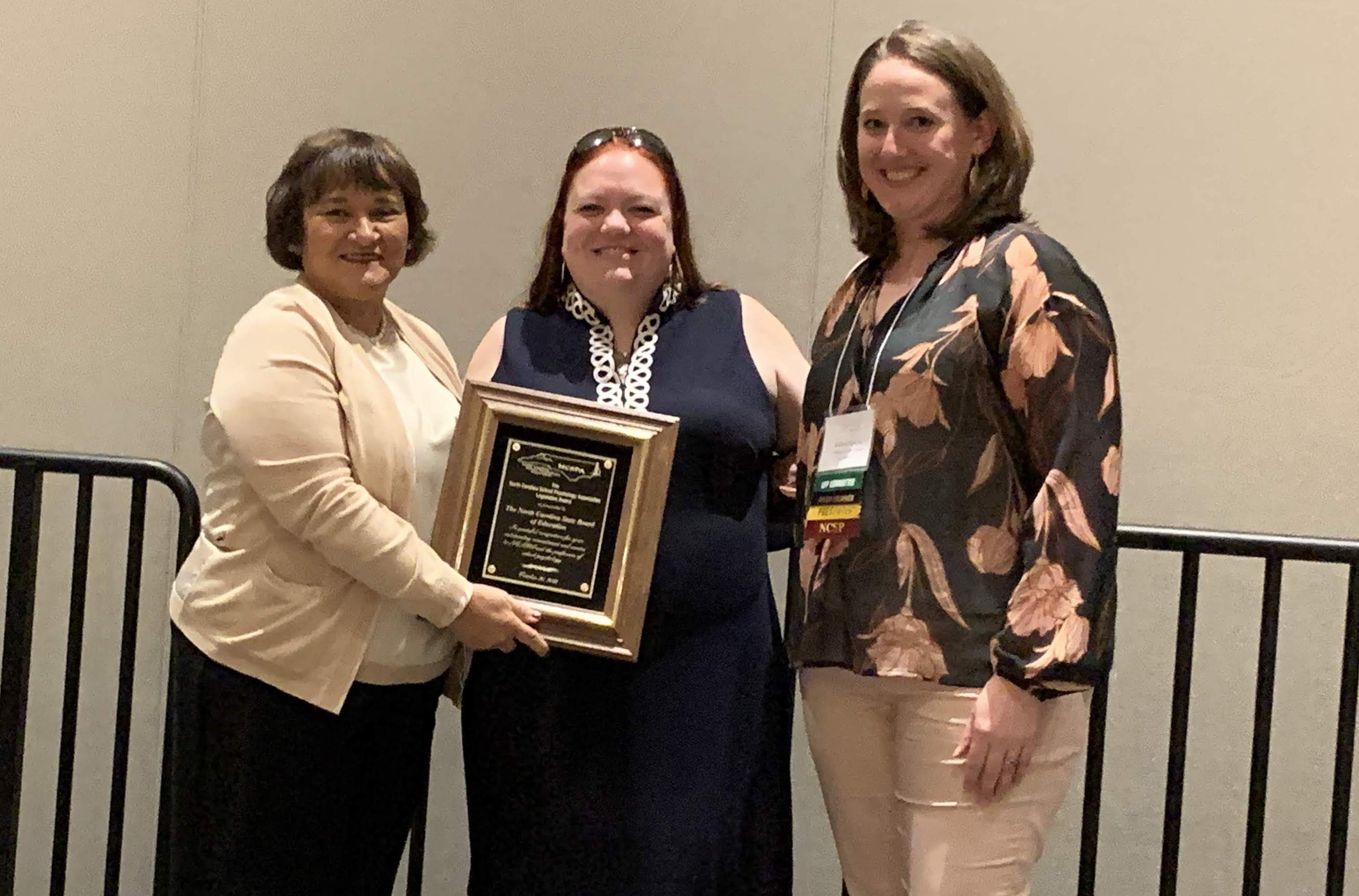
- Policy Matters, NASP's policy and advocacy blog, has up-to-date policy news, guidance, and real examples of individual school psychologists advocating at the national, state, district, and school-building levels.
- If you are interested in gathering advocacy tools or just learning more about advocating for school psychology, the NASP Advocacy Roadmap provides several easy-to-use resources. You are also more than welcome to contact members of NCSPA’s legislative committee, who would be more than happy to help you advocate for our profession.
- Don’t forget the NASP Infographics!
Other Resources:
- NC Policy Watch, a project of the N.C. Justice Center, is a news and commentary outlet dedicated to informing the public — including elected officials as they debate important issues — and ultimately to improving the quality of life for all North Carolinians.
- NC Child advances public policies that improve the lives of North Carolina’s children.
- For more than 30 years the Public School Forum of North Carolina has served as an indispensable and nonpartisan champion of better schools. We bring together individuals and institutions from business, education and government to study education issues, develop ideas, seek consensus, and ultimately inform and shape education policy. provides information on NC Education budget.
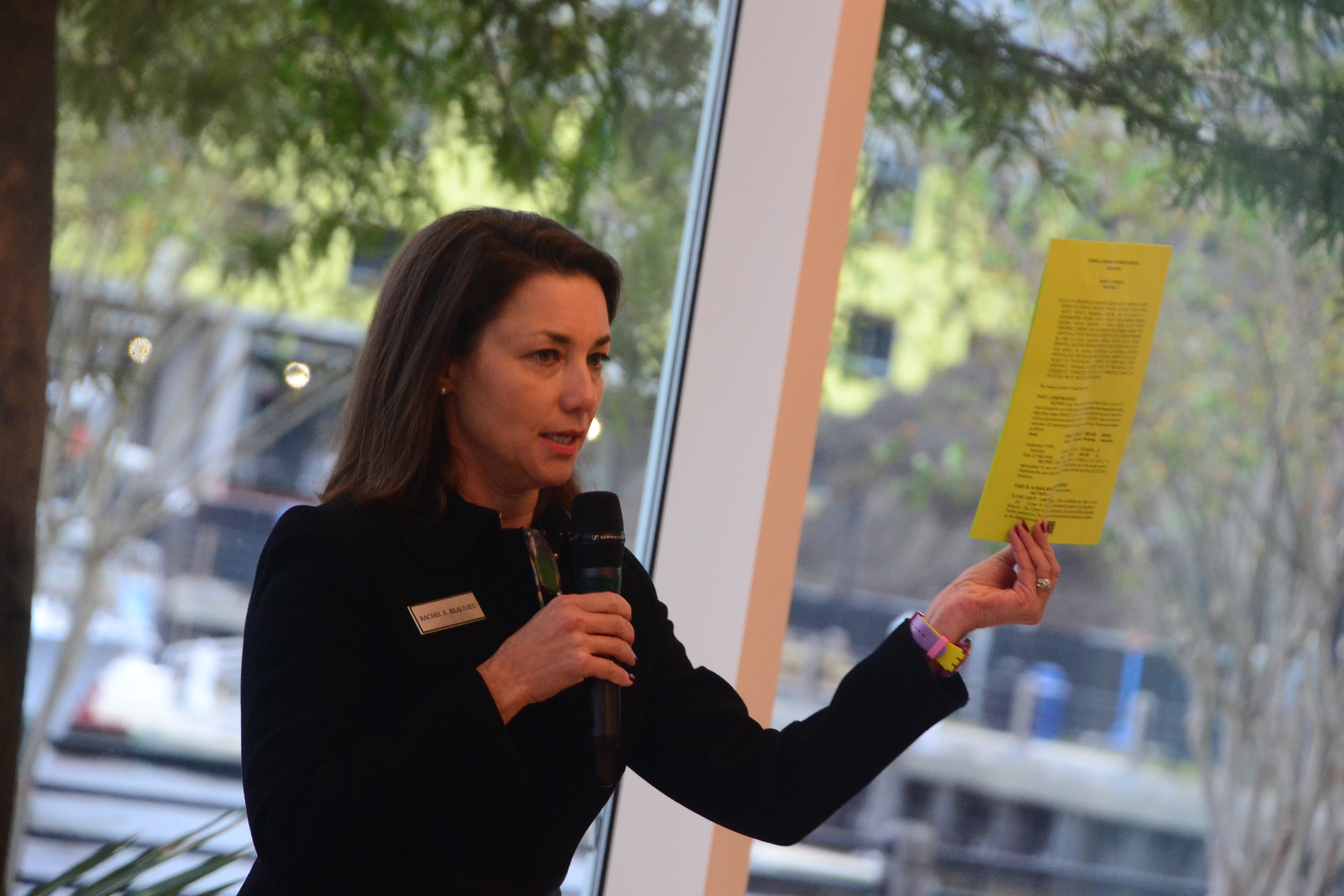
- Public Schools First NC is a statewide nonpartisan organization focused solely on public education issues. We collaborate with teachers, parents, business and civic leaders, students, and communities across North Carolina in support of an effective public education system that will prepare each child for life.
- EducationNC (EdNC) works to expand educational opportunities for all children in North Carolina, increase their academic attainment, and improve the performance of the state’s public schools. We provide residents and policymakers with nonpartisan data, research, news, information, and analysis about the major trends, issues, and challenges bearing on education. We gather and disseminate information employing the most effective means of communication, primarily through the Internet.
|




